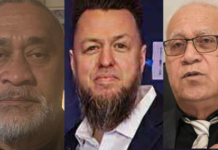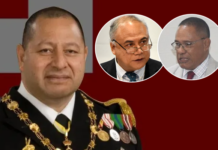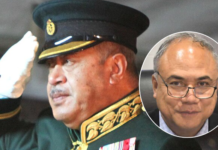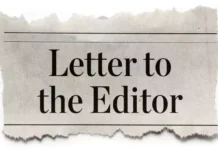COMMENTARY: Tonga’s political fracas over Prime Minister Siaosi Sovaleni keeping convicted ministers in office reflects the dangers of the government not being based on a political party system.
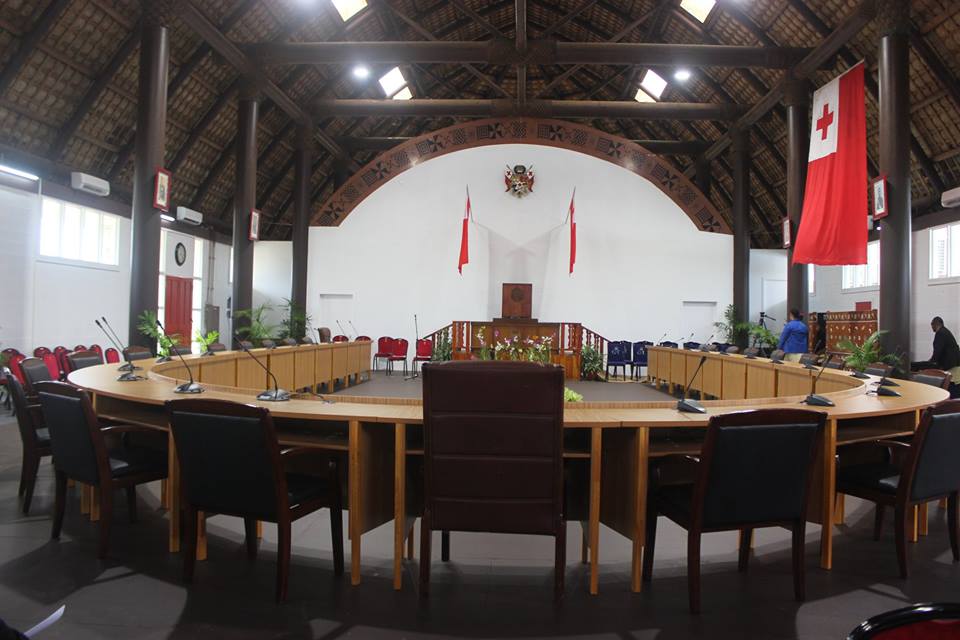
The tension has shown that the Prime Minister, who is also known as Hu’akameiliku, wants his convicted ministers to stay in Cabinet while the critics and petitioners who sent the convicts to court want them to step down. However, Prime Minister Hu’akameiliku said because the convicts had the right to appeal they should retain their Ministerial and Parliamentary seats, but critics said they needed to step down and fight their appeal outside government.
If this was a case in New Zealand, which has a multi-party system, the PM Jacinda Ardern would not find herself in such a difficult situation trying to wrest control of convicted ministers from public criticism. This is because in a party system, the ruling party mostly has more elected MPs remaining in their seats after the general elections.
This means that once a minister is put under the spotlight and the Prime Minister feels the situation could affect the party, the PM has the power to immediately sack or suspend the Minister, or demand that they do so voluntarily. The Prime Minister also has the power to appoint another party MP to replace the outgoing minister.
This was what had happened following the resignation of David Clark as New Zealand’s Minister of Health on July 2020. After his resignation Prime Minister Ardern appointed Chris Hipkins as interim Health Minister until the 2020 New Zealand general election scheduled for October 2020
In this way, the government’s operations are not obstructed and can continue functioning smoothly. Not only that, but if the Ministers are stood down, the public and the government do not have to spend a huge amount of money to conduct by-elections to find replacements, which is currently the only option in Tonga’s political system.
READ MORE:
Political analysts believe modern democracy cannot do away with the party system given that the political spectrum‘s division into left and right-wing politics serves the rights of all taxpayers no matter whether they are conservative or liberals.
There are hardly any Pacific countries, including Fiji, Samoa and the Cook Islands, which have adopted democracy without also accepting the party system.
Why Tonga missed this important mechanism in its 2010 political system reform is easy to understand. A report by Peter Pursglove in 2014 said Tonga’s 2010 Constitution, which was used to legalise the democratic reform, was poorly written, promoted secrecy, compromised the role of the judiciary and parts of it may have been illegal.
The Constitution was produced by Lord Sevele’ government and is believed to have been largely written by him and Lord Dalgety.
Pursglove’s report said the constitution did not uphold democracy, that the Privy Council was undemocratic and unaccountable and the judiciary lacked accountability and transparency.
Tonga’s current Parliament reflects most of the problems reported by Pursglove. Since the political reforms of 2010 we have seen how disorganised the People’s MPs have been once they are in Parliament and the House was mostly dominated by the minority noble MPs.



